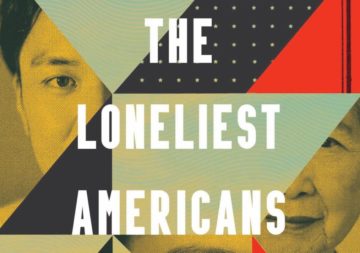Lucy Song in the Boston Review:
 One of the most revealing features of the reckoning prompted by the recent horrific attacks on Asians in the United States is the diversity of responses offered by Asian Americans themselves. Undermining the racialized presumption that “Asian Americans” form a homogeneous group, these conflicting views reveal the sociopolitical stratification of some 22 million people all too typically portrayed as a politically disengaged monolith. On one side are those who regard anti-Asian violence as idiosyncratic compared to systemic anti-Black oppression and worry about reinforcing the carceral state. Others feel gaslighted, contending that anti-Asian violence and discrimination have not received the public attention they deserve. Why, they ask, are these concerns dismissed, even by other Asian Americans?
One of the most revealing features of the reckoning prompted by the recent horrific attacks on Asians in the United States is the diversity of responses offered by Asian Americans themselves. Undermining the racialized presumption that “Asian Americans” form a homogeneous group, these conflicting views reveal the sociopolitical stratification of some 22 million people all too typically portrayed as a politically disengaged monolith. On one side are those who regard anti-Asian violence as idiosyncratic compared to systemic anti-Black oppression and worry about reinforcing the carceral state. Others feel gaslighted, contending that anti-Asian violence and discrimination have not received the public attention they deserve. Why, they ask, are these concerns dismissed, even by other Asian Americans?
These kinds of divisions are at the heart of Jay Caspian Kang’s timely book, The Loneliest Americans, which sifts through the fine structure of Asian American life and finds a marked heterogeneity inflected by class, family history, and ethnic background.
More here.
